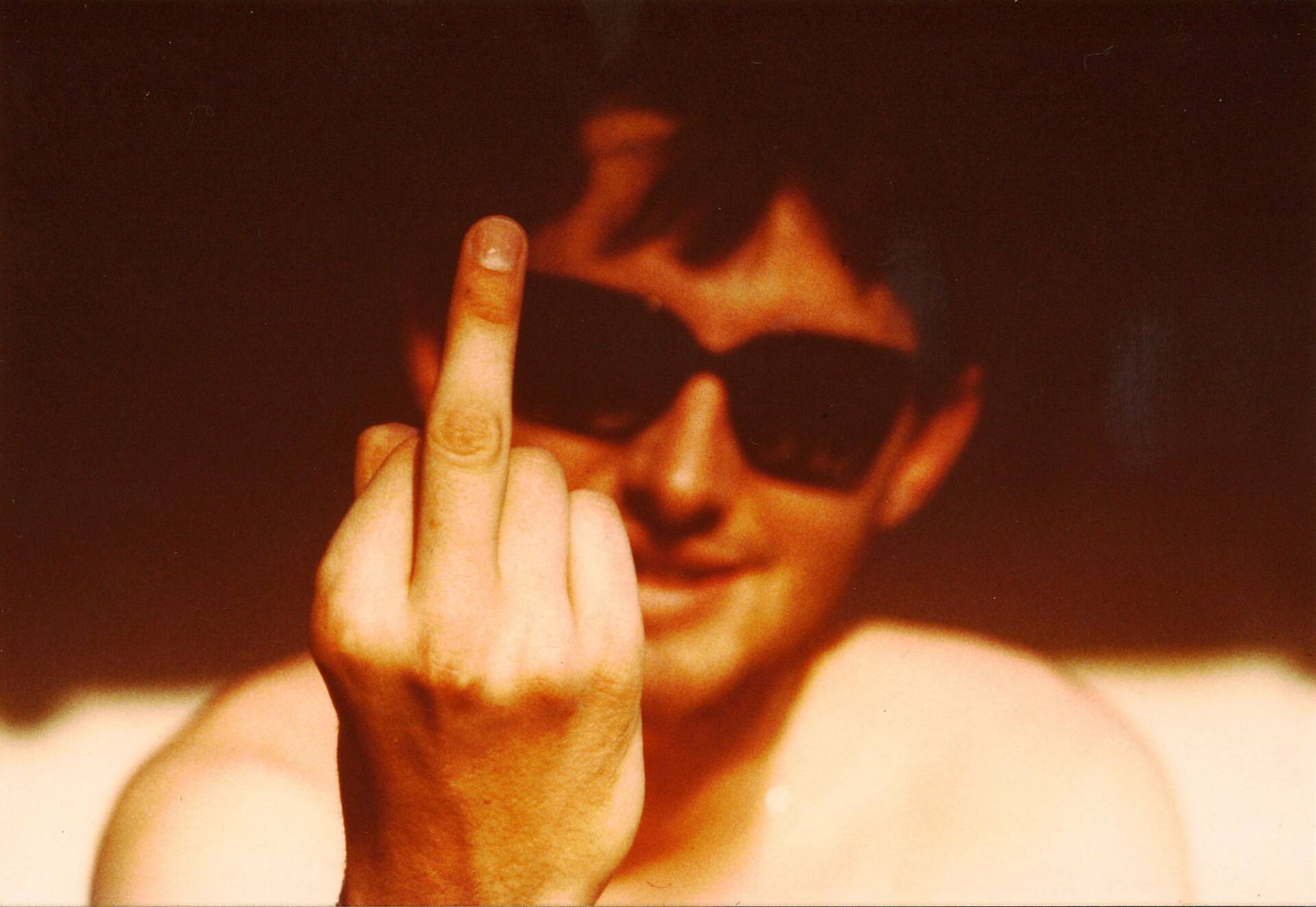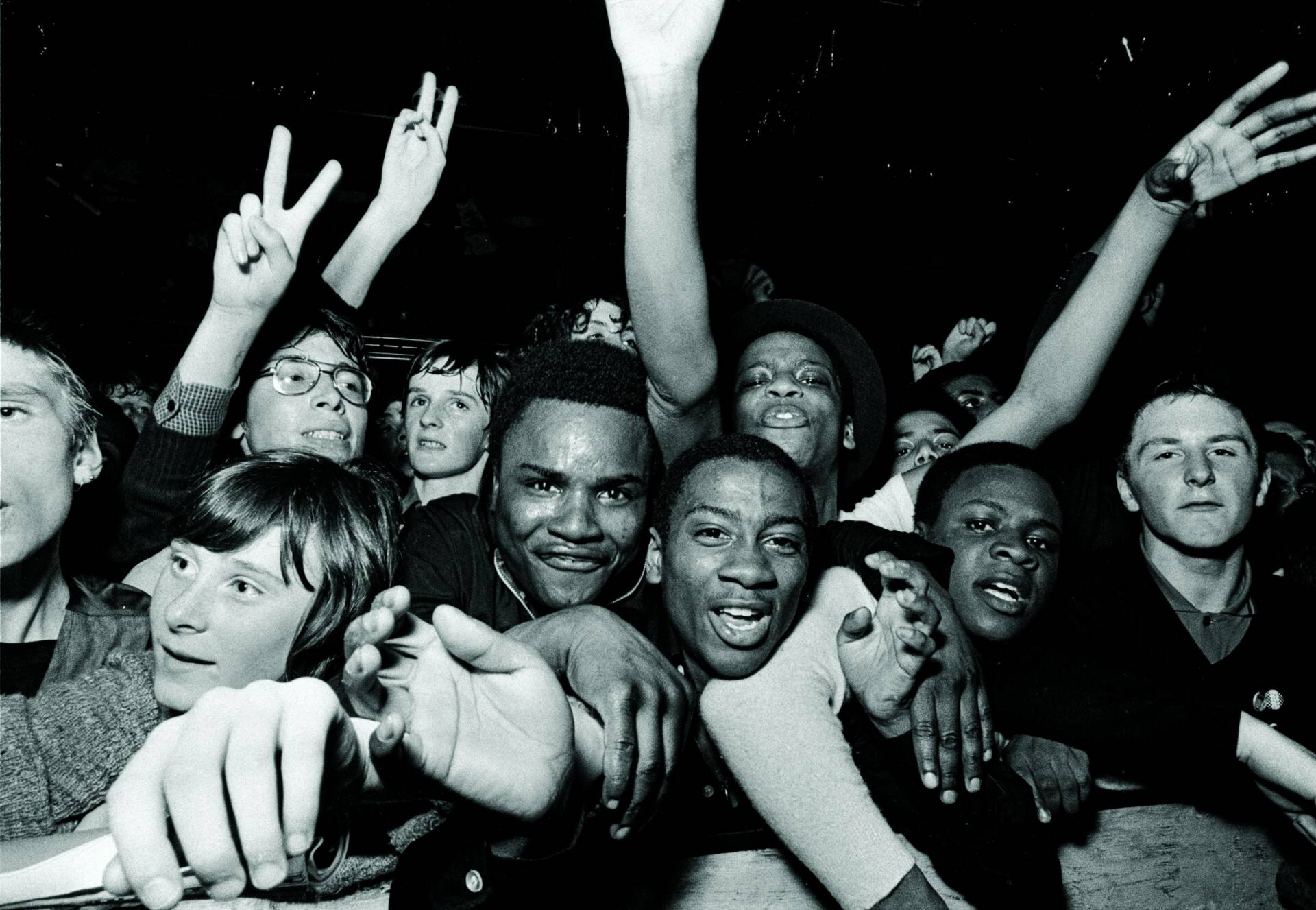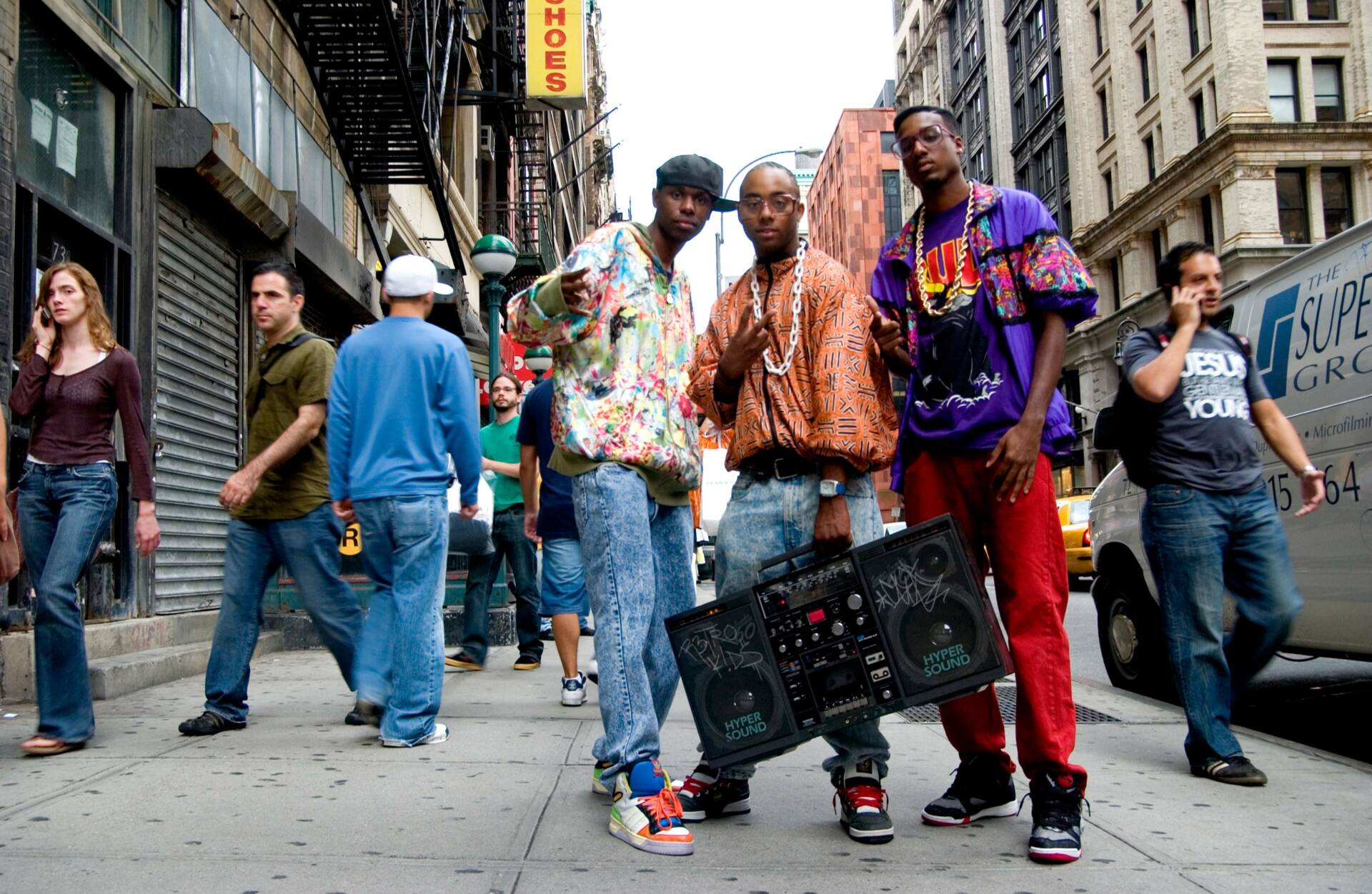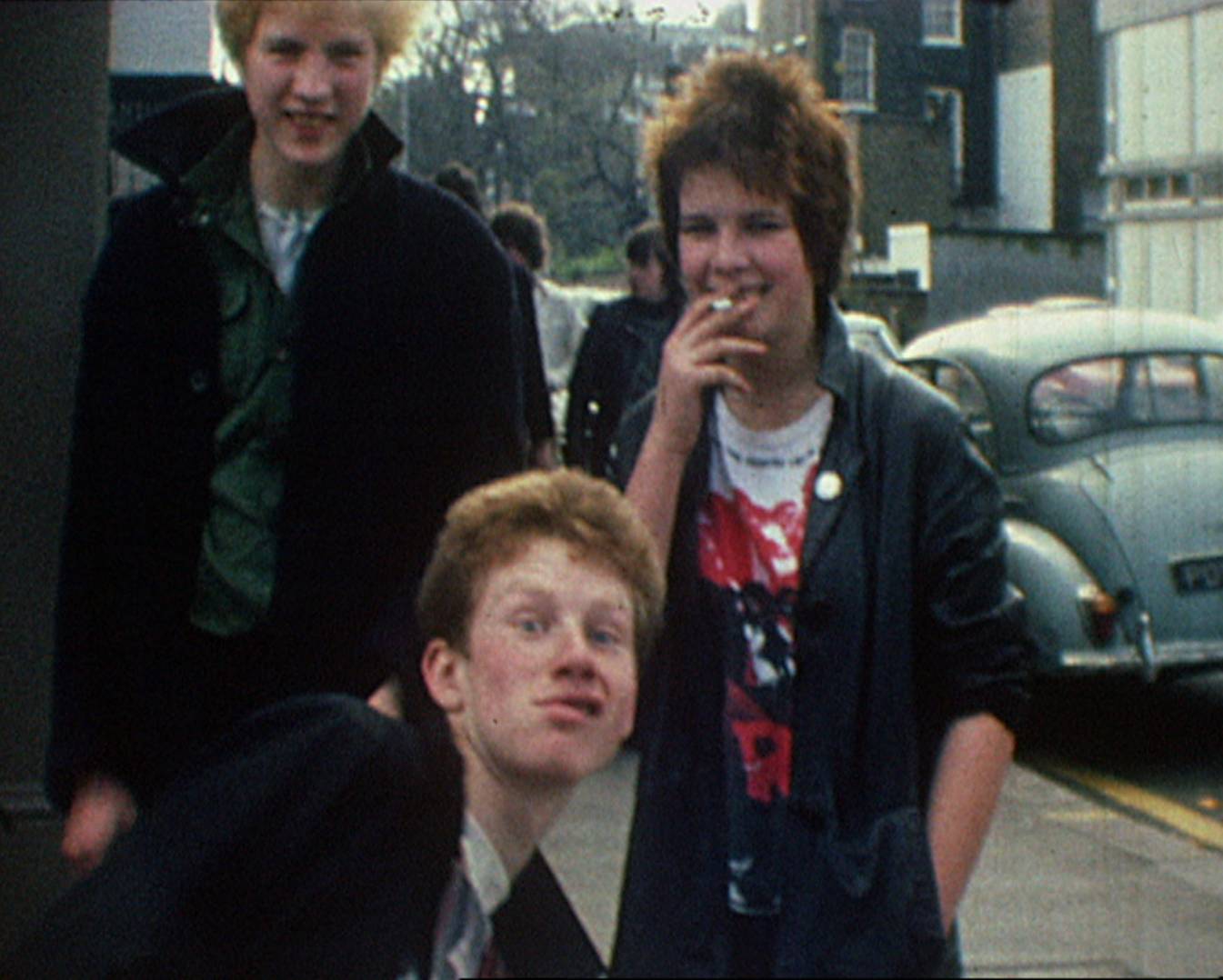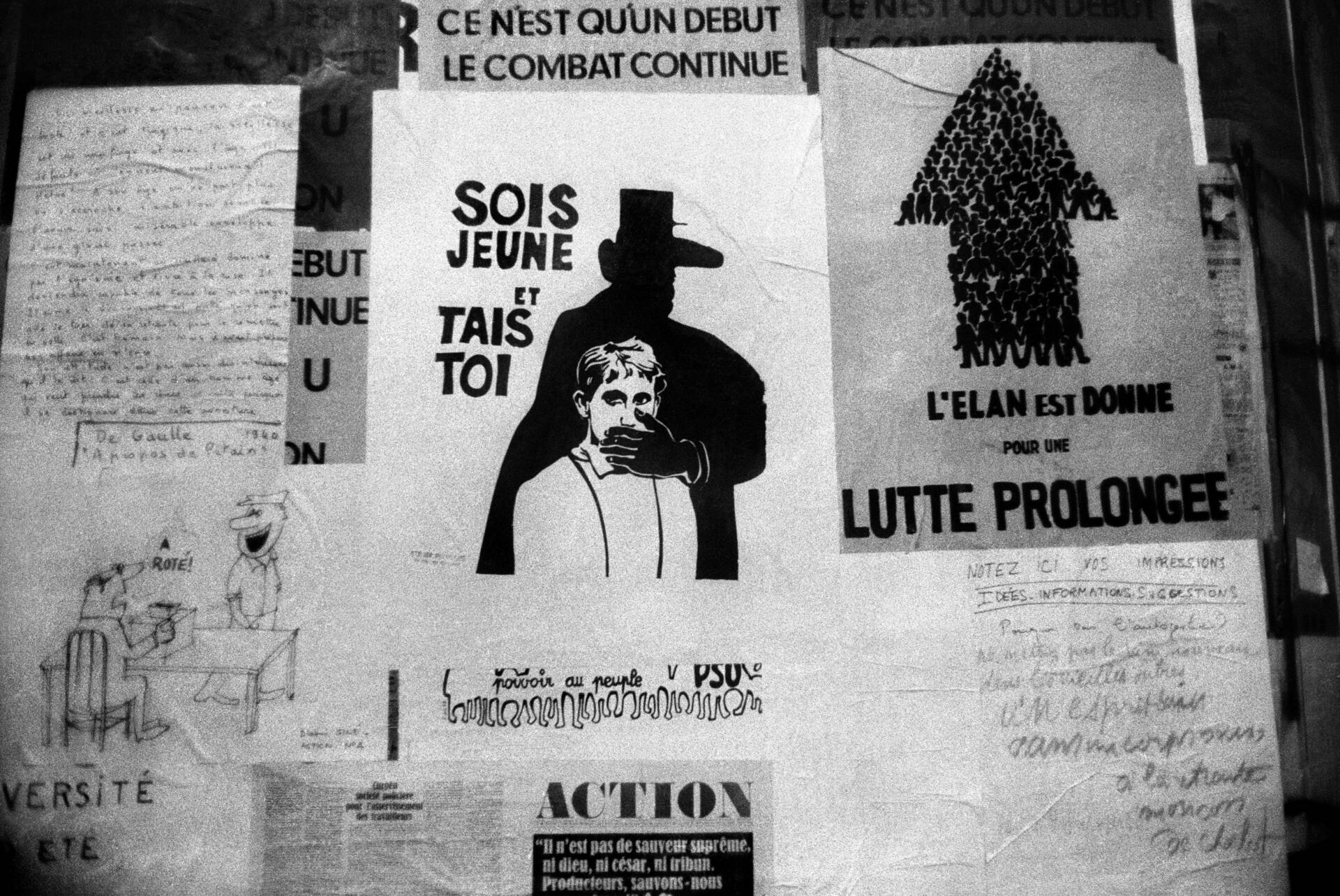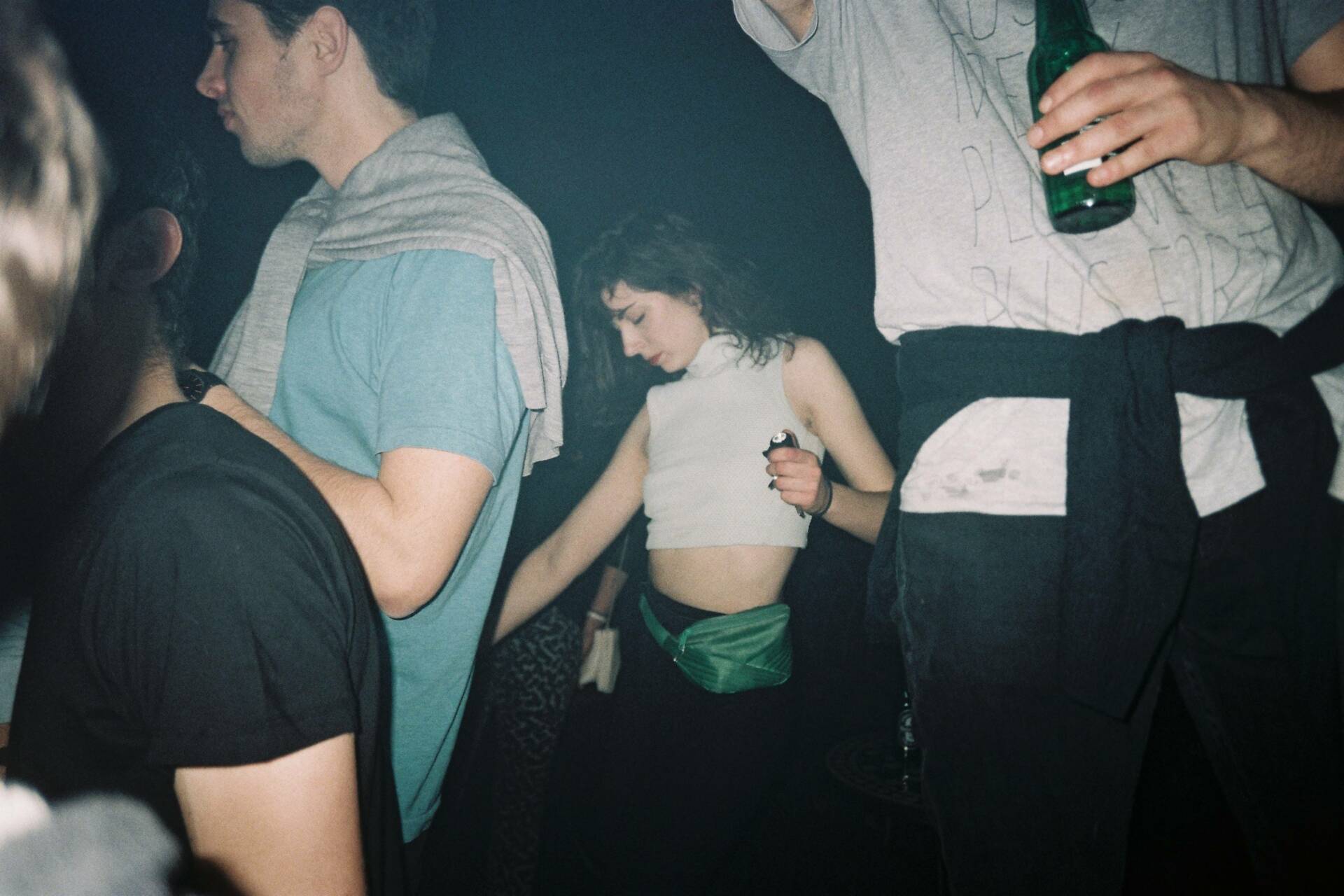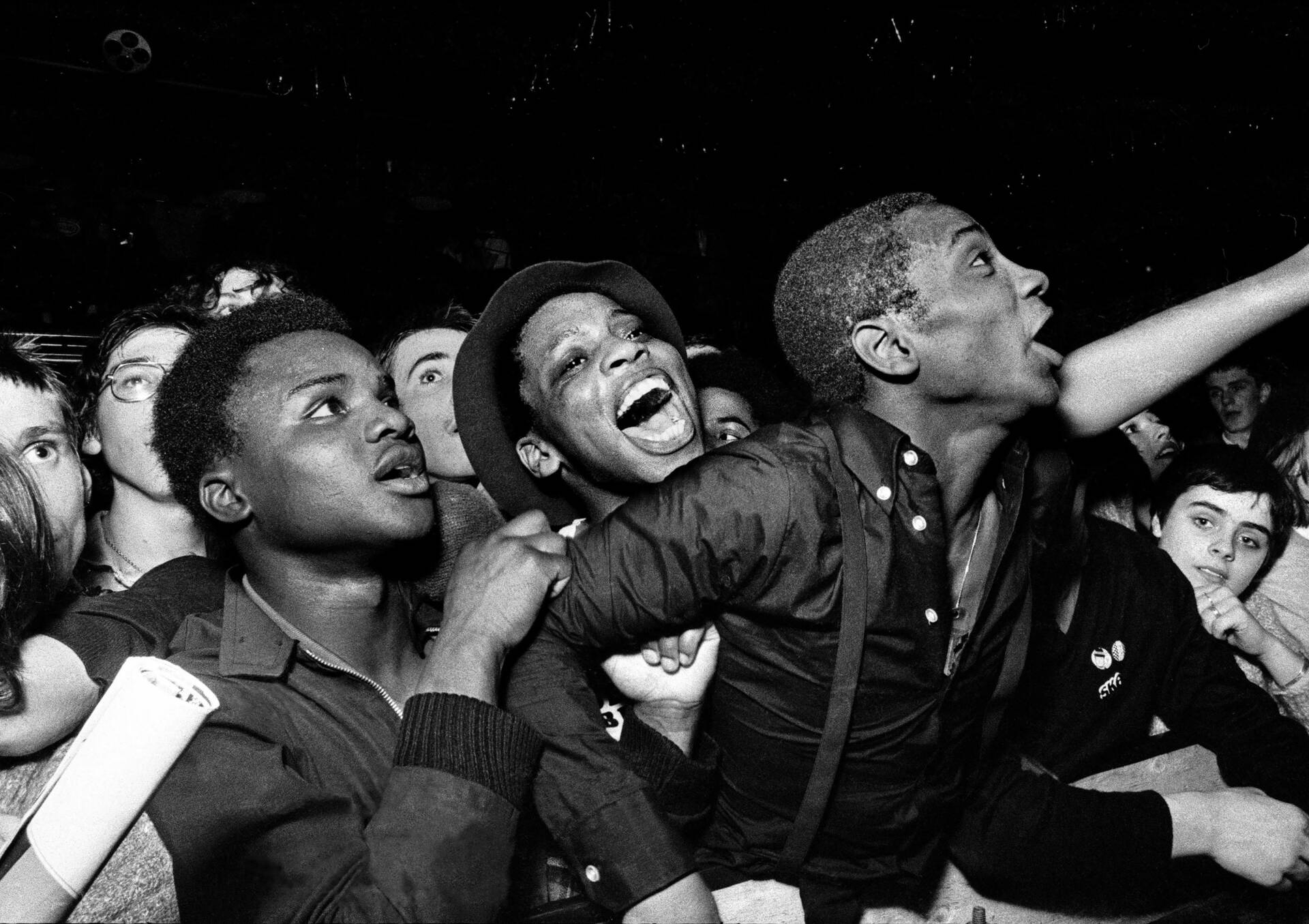70 Years of Youth Revolt
1949-2020
Written and directed by Marie Durrieu and Aurélien Guégan
From the 1950s to the present day, each generation has initiated its own cultural revolution. How do today's youth cultural movements resonate with those of the past? Set to an eclectic, electric soundtrack - from 1950s jazz to 2000s rap, including funk, disco, rock'n'roll and techno - Marie Durrieu and Aurélien Guégan paint an edgy and refreshing portrait of youth revolt through the ages, from cinema to music and literature. Using archive footage, the documentary tells a story of disobedience between idealism and rebellion, an ode to the fury of living.
Trailer
Part 1 - From 1949 to 1975
In post-war Paris, in Saint-Germain-des-Prés, jazz clubs became the landmark of a freedom-loving youth. Outside this privileged island, the malaise of middle-class youth was embodied for the first time in cinema in Rebel Without a Cause with James Dean, propelled to the rank of teenage idol.
In the mid-1960s, ten years after the arrival of rock'n'roll, the Britpop wave, from the Who to the Rolling Stones, exorcised the frustrations of youth. In France, independent cinema, led by Truffaut, reinvented roles for young women, while in the Netherlands the Provos collective created happenings and were passionate about ecology. From the hippy movement to the emergence of black pride and the rise of anti-capitalist revolutionary cinema, the counter-culture accompanied global rebellion against the backdrop of the Vietnam War.
Throughout the 1970s, revolt fed creativity, David Bowie raised the question of multiple identities, the women's movement challenged male domination, disco freed bodies and launched LGBT culture. The advent of mass unemployment seemed to sound the death knell for hopes. The punks blew it all up: no future !
Part 2 - From 1976 to the present day
At the dawn of the 1980s, in London, the Clash urged punks to join forces with young Jamaican immigrants who were reggae fans to put an end to discrimination and injustice. In France, in 1983, the March for Equality and Against Racism brought together an entire generation. But by the early 1990s, it was clear that there was a social divide between the youth of the ghettos and the youth of the rest of the world. Coming from the United States, hip hop became the voice of the suburbs, while some people invented a dreamlike universe with techno and rave parties.
With the explosion of the Internet and social networks in the 2000s, young people transformed their relationship with artists and renewed their forms of political and social protest. From the computer and the mobile phone to the street, new creative forms were accompanying anger, from Eastern Europe to the Arab world: youth was overthrowing dictatorships.
These struggles are embodied in today's uprisings: the climate, LGBT, #MeToo and Black Lives Matter movements bring to the fore sensitivities that touch every generation. Seventy years of ruptures, cries and transgressions that take us back to our own youth.
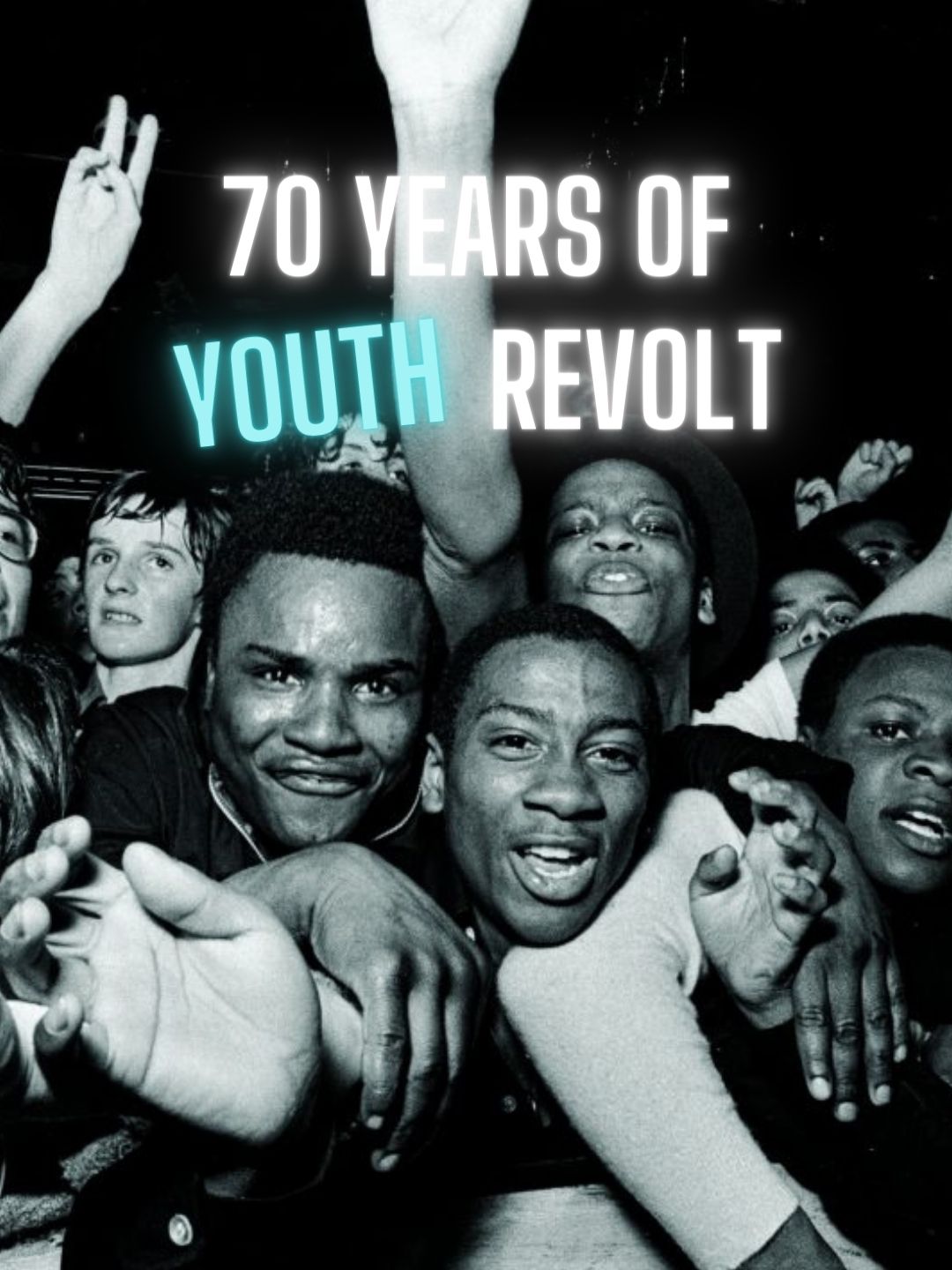
With this ambitious "70 years of youth revolt", which is not a historical film but a kind of visual and sound whirlwind that is sometimes messy but often moving, the Durrieu-Guégan duo offer a deluge of archive footage, short film extracts, video clips and, above all, a stunning soundtrack - Le Monde
Want to organise a screening?
Do you like this film and want to organise a public or private, commercial or free screening?

